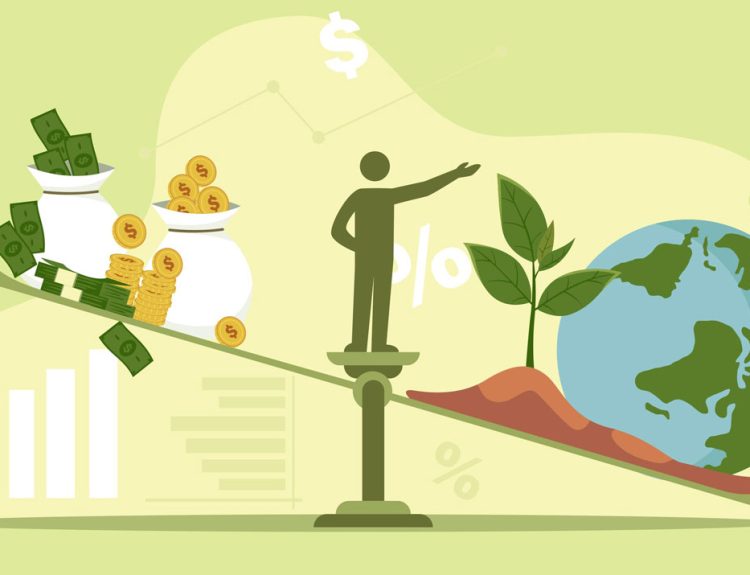Acquisition
It is a decision made by one business to acquire another. The acquiring company will accomplish this by acquiring all or majority of the target company ownership share.
Arbitrage
The act of purchasing and selling a commodity to profit from a price differential. Depending on how the price will arise the product will be sold in another market and in another format.
Auction Market
A setting that encourages competition between several people. In an auction market sellers will usually mention the lowest price for a product, while buyers list the highest amount they are ready to pay for this item.
Broker
An individual or organisation that plans and carries out financial transactions on behalf of other people.
Dumping
Selling a product at a lower price in a foreign market that they would actually cost in your home country.
Dividend
The percentage of profit that a business decides to distribute to its shareholders.
Exchange rate
The rate at which a currency can be exchanged for another country’s money.
Export licence
A document given by the government that grants access to a bearer the permission to export specific products to specific destinations.
Export
Products and services produced in one nation and sold in another country.
Tariff
A charge placed on commodities that are imported or exported.
Import
Bringing goods from other countries to sell in our own country.
Inventory
Stock of products or resources that a company has on hand for manufacturing or retail purposes.
Inflation
The rise in price on products and services, which lead to a decline in purchasing power.
Margin
Difference between a product purchase and sale price.
Market demand
The amount of products and services that buyers are able to purchase in a specific period of time at a specific price.
Profit Margin
It is a percentage that separates an item or service’s cost from its selling price.
Retail
It refers to the sales of goods and services in limited amounts, usually bought for personal use.








